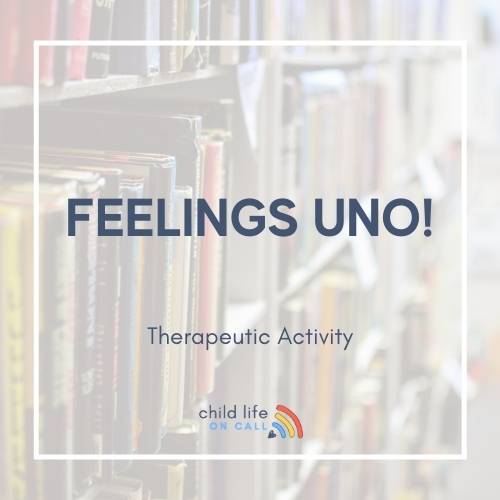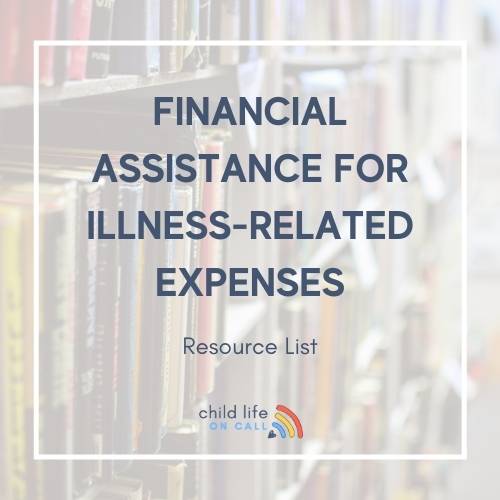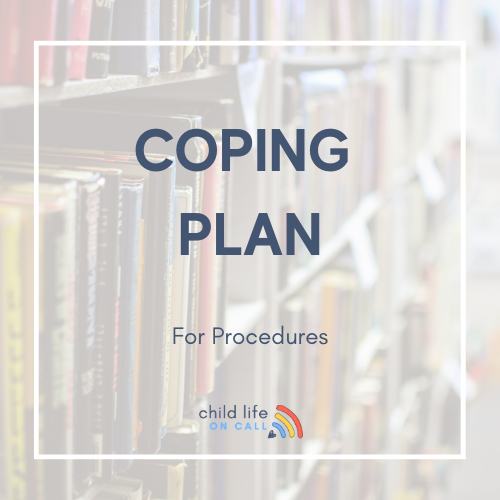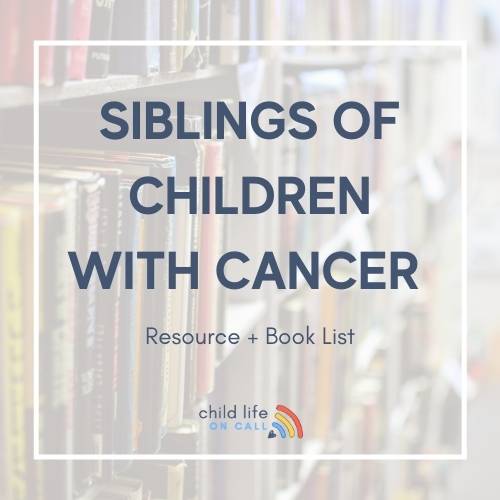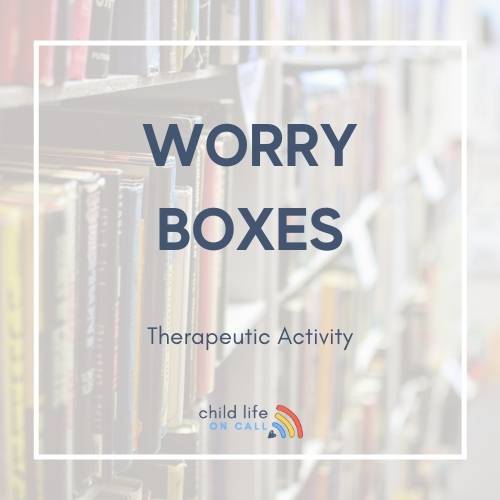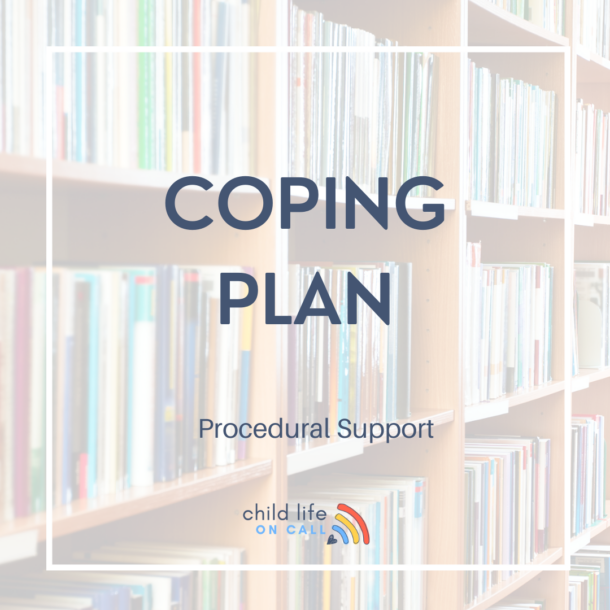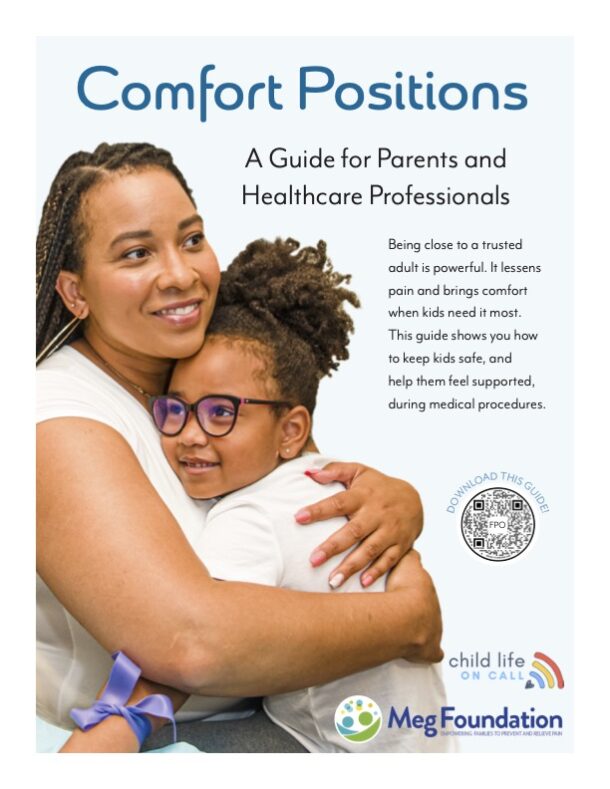April is Child Abuse Prevention Awareness Month. We have reposted this episode to bring awareness and give you tangible tools to speak with your kids about child abuse. Today’s guest expert is Jane Donovan, who is a child abuse prevention advocate. "And like we say in...
Episode 109 | Dimitra’s Story: A Son with Transposition of the Great Arteries and Coarctation of the Aorta
Podcast Show Notes
Today we have another story from a heart mama. I wanted to fit them all into February, but I couldn’t quite make it. So we are just creeping into March here with Dimitra and her story. Her son also had transposition of the great arteries (TGA), which we heard about in last week’s episode. It’s interesting to see where the two stories are parallel and where they differ.
In this episode, we talk about…
[1:51] Dimitra’s family and background
Dimitra lives in Los Angeles with her husband and son. At the time of our interview, she was 8+ months pregnant with their second son. They are embracing the chaos, and they are enjoying going through a “healthy” pregnancy this time around. It has helped Dimitra to heal from and process some of the experiences she had during her first pregnancy and her first son’s early life.
[3:37] Adapting to changes outside of our control
This ability to adapt and roll with the punches has always been part of who Dimitra is. Her parents divorced when she was two years old, so she bounced between two households her entire life. With her experience becoming a heart mom, she realized she may not have been as resilient as she thought she was. She constantly felt out of control, especially when the stakes were so high.
[5:19] Getting the diagnosis of transposition of the great arteries (TGA)
Until Dimitra’s anatomy scan at 20 weeks, she had a textbook pregnancy with her first son. When they went to the OB for the ultrasound, the baby was in a position where they couldn’t see much of what they needed to see. They saw his spine, but that was it. He wouldn’t show his face, and he wouldn’t shift position despite Dimitra moving around and drinking cold water. Looking back, Dimitra shares that this was so indicative of his personality. Eventually, they sent her home and made an appointment with another doctor with better equipment.
They squeezed Dimitra and her husband in around 8:00 at night, and the doctor began the scan. He looked around for a while, and then he had to step out of the room to take a page. Dimitra and her husband had noticed a shift in the doctor’s demeanor, and they were a bit concerned. When he came back into the room, he was very quiet and he took a few more images. At that point, he let them know that he found something. They moved into his office to talk, and Dimitra remembers that he had a biology textbook on his desk, open to the page about transposition of the great arteries (TGA). He talked them through it, but it was mostly a blur. He seemed uncertain about it, and he kept referencing the book. Dimitra recalls that she didn’t think she had ever heard of congenital heart disease or heart defects. They asked the doctor if it was life-threatening, and he told them that it certainly could be. The baby would need open-heart surgery within a few days of his birth.
As Dimitra and her husband were trying to process everything, the doctor made a few comments about terminating the pregnancy. The topic was broached in a way that made them feel like it was a recommendation rather than the doctor letting them know their options. Ultimately, Dimitra and her husband did not feel comfortable in this doctor’s care and they switched to a different doctor. They learned early on how important it is to build a care team that they trusted and felt comfortable with.
When they left the office, a big part of Dimitra just hoped the doctor was wrong. She started dreaming that this was all a big mistake. It did end up being true, and they are very grateful to this doctor for finding their son’s TGA. Dimitra was also able to speak with her OB after this appointment, and he reassured her and told her they were going to get a great team together. He was going to connect her to a pediatric cardiologist and get confirmation and a treatment plan. This brought Dimitra a little sliver of comfort, because she left the scan thinking that she may not get to raise her baby.
They were able to connect with a wonderful pediatric cardiologist who they still see today and who feels like a member of the family at this point. They immediately felt comforted by him, and they had all the faith and trust in him.
[14:05] Pregnancy after confirming a heart defect
Dimitra experienced a rollercoaster of emotions after her son’s diagnosis was confirmed. She had to come to terms with something that was different from the way they pictured their lives unfolding. There were periods of sadness, where she cried a lot and felt like they were losing their son. After a couple weeks, they started to feel more comfortable because they were doing research and learning what would happen after their son was born.
Dimitra also took it upon herself to give her son the most calm, comforting home possible during her pregnancy. She did prenatal yoga, and she tried to relax. It was motivating for her to think about her emotions affecting her son, and it pulled her out of her anger and sadness. In the last part of her pregnancy, Dimitra started to get excited but she also felt nervous because her son was going to leave the safe little bubble they had created together.
Dimitra was hesitant to share her son’s diagnosis with others, but after a few weeks she did tell friends and family. Eventually, she shared on social media with her larger network as well. She had three girlfriends who were pregnant at the same time, and Dimitra found that they couldn’t relate. It made her feel like she was on the outside, and like she was the only person this was happening to. It was very isolating. Sharing her story was a wonderful outlet and something she has continued to do.
[18:59] Dimitra’s son’s birth
Dimitra’s medical team was supportive of giving her any options or choices she could have around her birth. A c-section wasn’t necessary, but they did decide to do an induction to make sure everyone was available and on call at the right time. Of course, a week before that scheduled induction, Dimitra went into labor and her son came very quickly. Through that, she was able to have a lot of the things she had hoped for in her labor and delivery experience. She labored at home for a bit, went to the hospital, and it happened to work out that all the doctors they hoped to work with were there. She had a mostly intervention-free birth, and right away he let out a huge cry. They put him on her chest for just a second, and then they had to swoop him away.
Dimitra was riding a high from birth. He was here, and he was crying. Her husband went with their son to the NICU while they assessed him. He did need a good amount of support right away, as he was not as stable as they had hoped. With TGA, they give a lot of different scenarios without any promises. In a lot of cases, Dimitra says her son never fit the mold. Part of that is likely because he did have another heart defect in addition to TGA that they didn’t find out about until he was three days old. He was intubated immediately and all the way up until the surgery. Dimitra shares that she had to learn not to hold on too tightly to expectations, because you never know what can happen. She wishes they had gone into it more open-minded, because it was so hard to cope with the inevitable surprises and setbacks involved.
[24:01] Coping with setbacks after birth
In the hospital, they were in survival mode. Dimitra recalls her husband being better at staying logical and being the rock in a very heightened situation. He was able to communicate with doctors and step up in those moments, and she was really grateful for that. They were a good team, and tended to take turns being the stronger one if the other one was breaking down.
Dimitra had some hard times in the hospital, and she recognizes that she probably wasn’t taking care of herself in the way that she should have been. When your baby is sick, you quickly go from the patient to the support person for the patient.
[28:49] Finding out about her son’s coarctation of the aorta
Surgery was scheduled for day four after birth. The night before, they were prepping him and taking a final echo. Dimitra and her husband had signed all the paperwork, and then the medical team came back and told them he was going to need an additional repair based on what they had seen in the echo. Their son also had coarctation of the aorta. While they were reeling from the news, they signed the paperwork because they trusted the team to do what they needed to do.
[30:52] Dimitra’s son’s surgeries
It was August 2019 when Dimitra’s son had his surgery, so the pandemic hit shortly after. Dimitra’s heart broke for all the parents in their scenario, because she thought about how different the experience would be. They were allowed to have family and other visitors, and they really relied on everyone’s help.
The night before surgery, their son had to fast. He was starving and crying, and he could not be consoled. Dimitra finally asked the nurse if she could hold him around 3:00 AM, and he settled into her arms and fell asleep. Dimitra cried over him and apologized to him, but she was appreciative of that moment of calm they had together.
After they took him back for surgery, Dimitra and her husband popped into the waiting room. The mood was somber, and they wanted to get some fresh air. They ended up eating breakfast in the hospital cafeteria, and then they went back to waiting. Their hospital didn’t have a text system, so they had no idea what was going on until they called to tell them that their son was out of surgery. When they went to see him, the surgeon told them that the surgery went fantastic. At that point, they called their families and they all came into the waiting room with them. Everyone was laughing, crying, and hugging – it was a huge moment of celebration.
They got swept up in that, and hours were ticking by but they still hadn’t been called back to see their son. Eventually, another doctor came out and told them there had been some complications. Their son was bleeding, and they couldn’t locate the source. Surgeons were going to have to open him up again to try to find it and stop it.
They took him back to emergency surgery, and they were able to locate and stop the bleeding. As the days went on, Dimitra and her husband realized how severe the situation had been. Nurses would come by who they had never seen before, and they realized that it had been an all hands on deck situation.
It’s a rollercoaster in post-op recovery, as there are so many things babies have to relearn and overcome. Looking back, it seemed to Dimitra that her son recovered from open heart surgery faster than she did from labor and delivery. It still, however, took about a year for them to fully understand that they were setting themselves up for failure by always looking to the next milestone. They were setting themselves up for disappointment when things didn’t go according to plan. That is so often the case when you’re dealing with tiny babies and medical diagnoses – there really are no guarantees.
[39:36] Life after two heart surgeries
When they were able to go home, Dimitra felt like they were typical first-time parents. They were balls of nerves at all times, but they did settle into life at home. She will never forget being able to walk around the apartment with her son, without him being hooked up to oxygen and monitors.
They had several follow-up appointments, so they were frequently in and out of the hospital. It took Dimitra and her husband a while to learn not to rely on monitors and instead to trust their instincts, so there was some comfort in having those checkups and getting extra eyes on him.
At the eight-week post-op appointment, they hoped to get clearance. Unfortunately, he ended up needing another procedure due to continued narrowing in the aorta. They have since had to do two other less invasive procedures to address this narrowing. It’s incredible how much they can do via a catheter procedure, and that is what they are hoping for him in the future. Additional surgeries are not off the table at this point, but looking at him you would never know what they are monitoring. Other than his scars and his parents’ memories, their son is an active toddler.
[43:30] What Dimitra’s son has taught her
Sometimes Dimitra wonders if she would have learned similar lessons becoming a mom for the first time no matter what, but she does have this additional lens of congenital heart defects. The biggest thing she has learned is to find balance, and to explain things to her son in age-appropriate ways. She wants to support him in these experiences that he has to go through without letting them be all-consuming. Dimitra hopes to nurture her son’s own relationship with his health as he grows up and realizes that things will be a bit different for him. There needs to be a healthy realism, and they won’t always feel like everything is okay.
Parenthood has also forced Dimitra to hold the mirror up and realize how hard she was on herself. She wanted to do motherhood “perfectly”, and that’s just not an option. None of us are perfect and we aren’t going to get it right all the time.
[48:30] How Dimitra processes and copes with her experiences now
Sharing their story has helped Dimitra to process their experiences. She also started therapy and worked with a coach, and giving herself permission to seek outside help and resources was invaluable.
Connect with Dimitra:
Have you heard? The Child Life On Call mobile app for parents, kids and their care team will be available in 2022. Sign up to stay informed here
Child Life On Call is a community of parents and professionals that share ideas, stories and resources to help YOU navigate your child’s unique experiences. We give you strategies to support yourself and your family through life’s challenges. We are so glad you are here.
Child Life On Call | Instagram | Facebook | Twitter
You Might Also Like…
215: Ruptured Appendix: Emergent Surgery, 6 Days in the Hospital & Struggles to Discharge
"I've learned so much in this whole process. It's like you have a depth inside of you that resurrects as an advocate and high alert, and it lives inside of you when you need it." -Aspen, Willa's Mom In this episode of Child Life On Call, host Katie Taylor and guest...
214: Sacrifice, Advocacy, Joy: Raising a Son with End Stage Kidney Disease – The Ransome Family’s Story
"Sometimes it's really therapeutic though to remember all that you have gone through because I feel like there are times when we look at each other and I'm like how did we get here?" Taylor Ransome We're grateful for our sponsor for this episode, Nestle Health...


